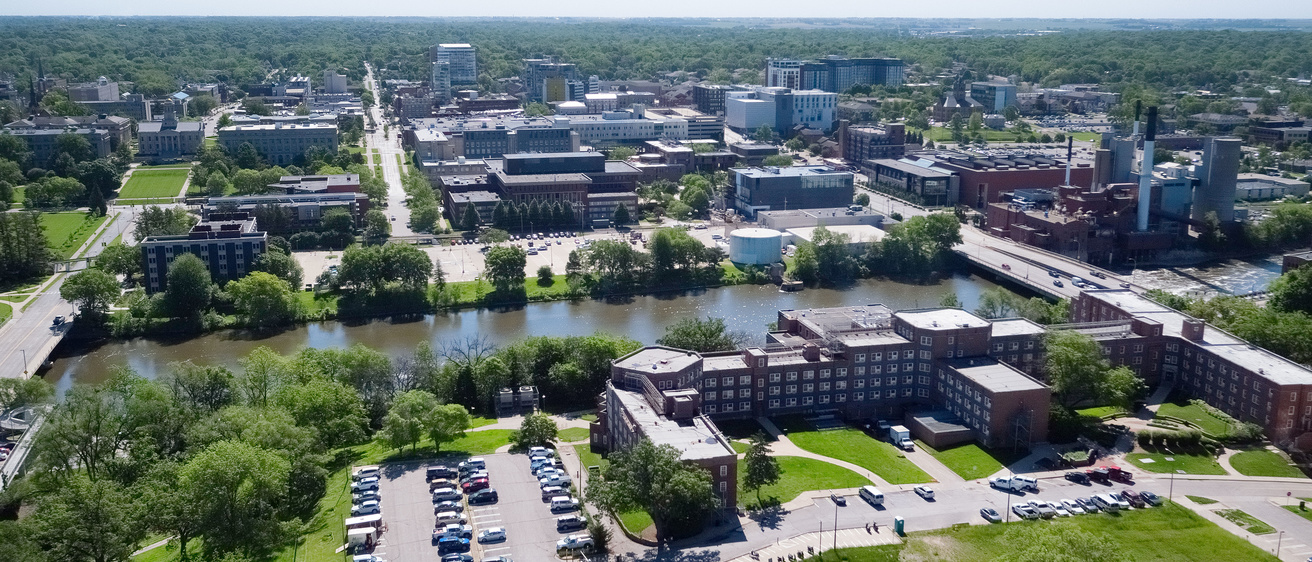University of Iowa Parking and Transportation has implemented a license plate recognition (LPR) system that allows a vehicle license plate to also be used as the university parking permit. Beginning Aug. 1, most faculty, staff, and student permit holders will not need to display a physical permit in their vehicles. LPR increases parking efficiency, provides convenience for permit holders, and greatly reduces the amount of paper and plastic waste produced.
Permit holders should continue to clearly display their physical parking permit until July 31. Before the end of June, permit holders will receive an email to renew their parking permit. License plate information needs to be added to parking accounts during renewal. After Aug. 1, license plates will function as virtual permits with a few exceptions at this time. These permit types will continue as physical permits: motorcycle and student athlete.
How it works
LPR technology associates a parking permit to a license plate instead of displaying a sticker decal or hangtag. Parking enforcement vehicles have cameras installed that scan the license plates of parked vehicles facing the drive lane. The cameras read license plates automatically and verify if a permit is valid for the scanned vehicle. Virtual permits and the use of license plate recognition increases flexibility for permit holders and removes the need to return or pick-up a permit.
For the system to function properly, permit holders need to add and maintain the license plate information in their parking account. Up to three license plates can be added to an individual’s parking account, but only one vehicle can be parked on campus at a time.
Permit holders can at any time login to the Parking Portal to update their vehicle and license plate information. Customers are responsible for the accuracy of the license plate and vehicle information in the Parking Portal. For more information about LPR see https://transportation.uiowa.edu/lpr.
Reducing waste and increasing efficiency
The change to LPR and virtual permits makes the permit process more sustainable by removing waste created by using physical permits. About 60,000 physical permits were ordered over two years to provide parking permits to students, faculty, and staff during the 2019-2021 permit cycle. Permits are treated as cash and thus, additional resources to track and inventory permits can now be allocated to other tasks and services.
Data use and privacy
Parking and Transportation has thoroughly examined how the data collected through LPR will be accessed, stored, and used to ensure user privacy and information is protected. Details about data collection, data use, data retention, access to records, and public notifications are outlined in the LPR Data Use and Privacy Policy on the Parking and Transportation website.
